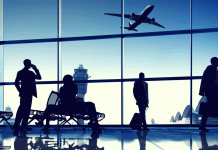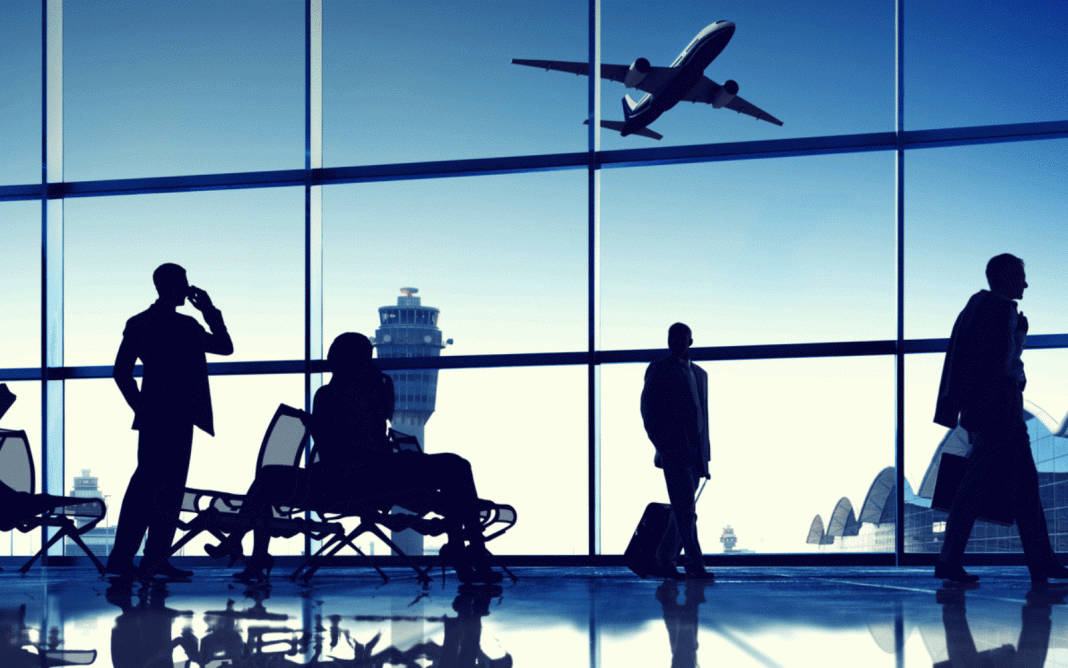The world of business travel has undergone significant transformation over the past few years, driven by advancements in technology. For the European business traveller, these technological innovations offer greater convenience, efficiency, and security. Here, we explore the latest travel technology platforms that are revolutionizing business travel in Europe.
Digital Travel Management Platforms
Business travel management platforms like Concur, Egencia, and TravelPerk have become indispensable for European business travellers. These platforms provide comprehensive solutions for booking flights, hotels, and ground transportation, while also managing expenses and ensuring compliance with corporate travel policies.
- Concur: As part of SAP, Concur integrates seamlessly with other enterprise software, allowing for streamlined expense reporting and travel booking. Its mobile app enables travellers to manage their itineraries, capture receipts, and submit expense reports on the go.
- Egencia: Owned by Expedia Group, Egencia offers a robust platform that simplifies travel booking and expense management. It provides personalized recommendations based on the traveller’s preferences and company policies, ensuring a hassle-free booking experience.
- TravelPerk: This platform is known for its user-friendly interface and flexible booking options. TravelPerk offers real-time travel information, seamless booking, and an integrated expense management system. Its unique FlexiPerk feature allows for easy cancellations and changes, which is particularly useful for the unpredictable schedules of business travellers.
Artificial Intelligence and Machine Learning
AI and machine learning are playing crucial roles in enhancing the travel experience for business travellers. These technologies are being leveraged to provide personalized recommendations, optimize travel itineraries, and predict potential disruptions.
- Predictive Analytics: Platforms like Amadeus and Sabre are using predictive analytics to forecast flight delays, cancellations, and other travel disruptions. This allows business travellers to proactively manage their schedules and make alternative arrangements if necessary.
- Chatbots and Virtual Assistants: AI-powered chatbots and virtual assistants, such as those developed by Pana and Lola, provide 24/7 support to business travellers. These tools can assist with booking modifications, provide real-time travel updates, and answer common travel-related queries, enhancing the overall travel experience.
Mobile Travel Apps
Mobile travel apps have become essential tools for the modern business traveller. These apps offer a range of services from booking and itinerary management to real-time updates and expense tracking.
- TripIt: This app consolidates travel plans into a single itinerary that is accessible offline. Business travellers can forward their booking confirmations to TripIt, which then organizes the information into a detailed travel schedule. It also provides real-time flight alerts and gate change notifications.
- App in the Air: Designed to be a personal travel assistant, App in the Air tracks flight itineraries, provides real-time updates on flight status, and offers airport tips and navigation. The app’s offline functionality ensures that critical information is available even without internet access.
- Expensify: For seamless expense management, Expensify allows travellers to scan receipts, track expenses, and submit reports with ease. The app’s integration with major travel management platforms ensures that all expenses are accounted for and compliant with corporate policies.
Virtual and Augmented Reality
Virtual Reality (VR) and Augmented Reality (AR) are starting to make their mark on business travel, offering immersive and interactive experiences.
- Virtual Tours: Companies like Visit360 and Ascape provide virtual tours of hotels, conference centers, and other travel destinations. This technology allows business travellers to explore their accommodations and meeting venues before making bookings, ensuring that they meet their requirements.
- AR Navigation: Augmented reality apps like Google Maps AR and Blippar enhance navigation within airports, train stations, and cities. By overlaying digital information onto the physical environment, these apps help travellers find their way, locate amenities, and access real-time travel information with ease.
Blockchain Technology
Blockchain is emerging as a transformative technology in the travel industry, particularly in enhancing security, transparency, and efficiency.
- Secure Payments: Blockchain-based payment platforms like Winding Tree and BitPay enable secure, fast, and transparent transactions. This is particularly beneficial for business travellers who need to manage international payments and currency exchanges.
- Identity Verification: Blockchain technology is being used to streamline identity verification processes. Platforms like Zamna and Civic use blockchain to securely store and verify traveller identities, reducing the need for repetitive document checks and enhancing security.
Sustainable Travel Platforms
With growing awareness of environmental impact, sustainable travel platforms are gaining popularity among European business travellers.
- Climate Neutral Group: This platform helps businesses offset their carbon footprint by investing in renewable energy projects and carbon reduction initiatives. Business travellers can calculate their travel emissions and purchase offsets directly through the platform.
- Goodwings: Goodwings offers sustainable travel booking options and offsets all carbon emissions for flights, hotels, and car rentals booked through its platform. This aligns with corporate sustainability goals and promotes responsible travel practices.
Smart Airports and Biometric Technology
Airports across Europe are increasingly adopting smart technologies to enhance the travel experience.
- Biometric Screening: Biometric technology is being implemented at various European airports to streamline security and boarding processes. Airports like Amsterdam’s Schiphol and London’s Heathrow use facial recognition and fingerprint scanning to expedite passenger movement and enhance security.
- Smart Luggage: Smart luggage solutions like those from Samsonite and Bluesmart include GPS tracking, remote locking, and integrated scales. These features provide added convenience and security for business travellers, ensuring that their belongings are safe and easily trackable.
The landscape of business travel is rapidly evolving, with technology at the forefront of this transformation. For European business travellers, these advancements offer enhanced convenience, efficiency, and security, making travel smoother and more productive. From AI-powered platforms and mobile travel apps to blockchain technology and sustainable travel solutions, the latest travel technologies are redefining the business travel experience. As these innovations continue to develop, the future of business travel looks promising, with endless possibilities for further enhancing the traveller’s journey.









































